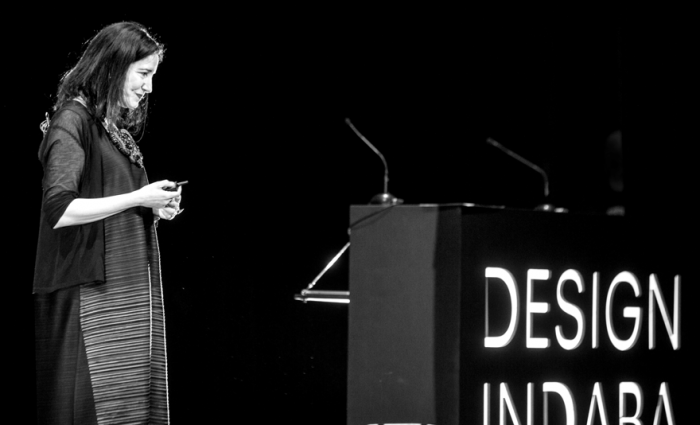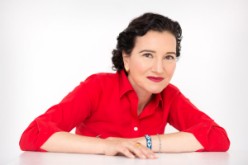
When I was starting out in design, you networked over power breakfasts and martini lunches, but they have all but disappeared. These days every organization is putting together a conference, internal or public, for profit or not. Regardless of the size or format, the underlying purpose is the same – creating opportunities to learn from each other, inspire new ideas, network and build new collaborations and alliances.
This March, I attended Design Indaba, a Cape Town conference that promotes design as a business goal and tool for economic growth. Full disclosure: I was one of the speakers, telling my story while at the same time getting an audience of 1500 people started on designing their life. It was one of the most inspirational conferences I had attended in years--and it was quite different than the martini lunches of years past. The event made me realize that putting together a conference is the new way of doing business. Here is what I learned about how to throw a great conference:
1. Recruit speakers from a variety of backgrounds and disciplines
It is easier to sign up people who are like you and like-minded. It is harder to offer true diversity. You want your audience to see themselves and their interests represented in your line-up and feel included. At the same time, you want to cast a wide net to bring together different colors, gender, voices, mediums, perspectives that will expose them to new ideas and help them connect the dots in new ways.
At Design Indaba, you had talks about from the creator of a solar light that brings us a step closer toward a cleaner future, the creator of a feminist web series who spoke about changing stereotypes about women of color in South Africa, and the creative director of Google's Creative Lab talking about his transgender transition. These topics might not seem like must-haves for a design conference, but went hand-in-hand with Design Indaba's goal about building a better future.
Other conference organizers are now including a diversity adviser or mentor on their teams. At the last IDSA International Conference, we made diversity an explicit goal from the start and made it one of our measures of success.
2. Put a face to your conference
Find a passionate leader who pulls it together. Salesforce's annual Dreamforce conference, for example, is synonymous with Marc Benioff, while Design Indaba is synonymous with Ravi Naidoo, a visionary producer, curator, master connector. Naidoo will travel the world, asking his friends for recommendations and going out of his way to meet people they've suggested in person, to nurture and cajole talent globally until he has his next batch of thought leaders.
3. Have a big picture purpose for a conference
Design Indaba's tagline is, "with the right support, a better future can be designed." That purpose is timeless – and it's what's helped the conference stick around for 20 years.
4. Create a worthy experience and people on both sides of the stage will rise to the occasion.
Design Indaba is not simply the sum of speakers and an audience. Design Indaba created a larger-than-life atmosphere that fit will with its "design a better future" ethos by commissioning new art installations specifically for the event, integrating unconventional performances into the conference schedule like Dokter and Misses, a surreal dream staged with talking furniture and professional actors, and daily hipop improv summaries from troupe Free Style Love Supreme, and ending with dancing every night.
5. End with a grand finale
End with a big bang. This year Design Indaba ended with Archbishop Desmund Tutu, known as the "The Arch", coming on stage as the physical arch created in his honor was being unveiled behind him. Commissioned by Design Indaba, developed by Snøhetta, New York architectural studio and Johannesburg based Local Studio, the design weaves 14 lines of the constitution that brought down apartheid. All this with the mayor of Cape Town giving her agreement for it to be installed near the parliament, capped with a choir singing in celebration. An amazing finale which was also a testament to the power of design, done live.
Design the life you love!







